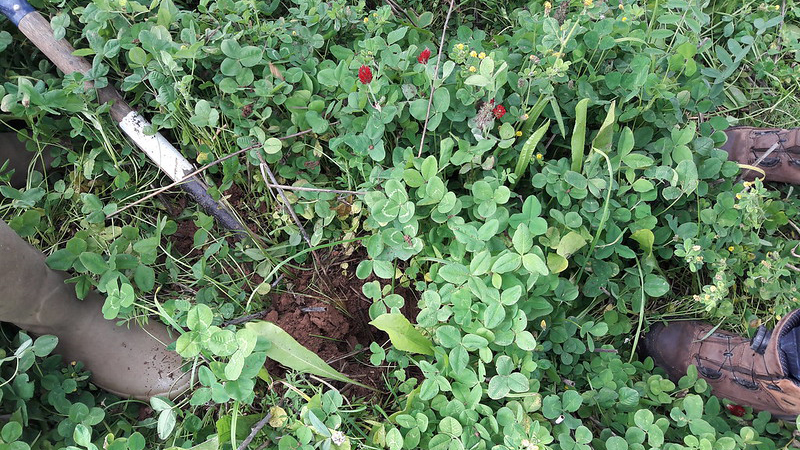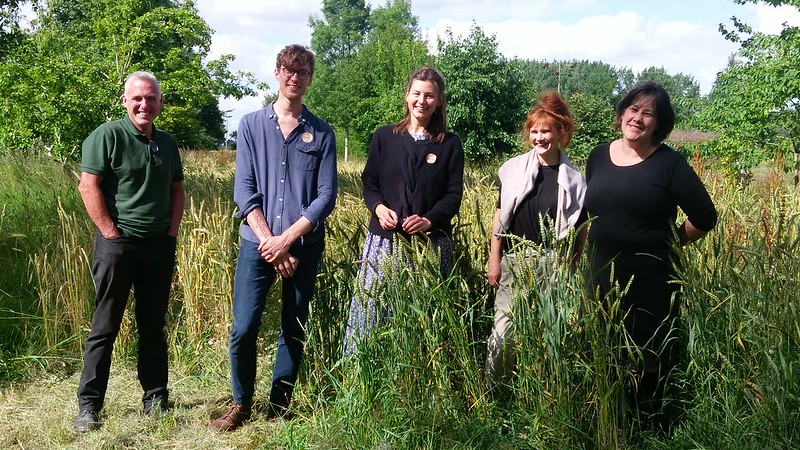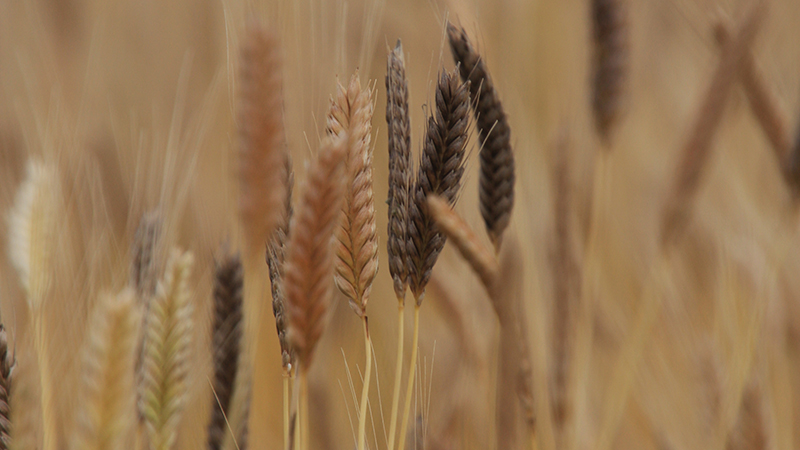Organic September is a great time to learn more about the principles that support organic agriculture. The Four principles of Organic Agriculture, developed by the International Federation of Organic Agriculture Movements (IFOAM), guide organic farmers and producers around the world.
Over the next few weeks, we will be covering each principle and giving examples of our research available to you that underpins each principle.
The Organic Research Centre has been involved in the development of the Principles of Organic Agriculture and their translation into farming standards across the world and in the EU in particular. These principles provide aspirations to work towards across the sector and guide us in our daily work. In September 2005 the International Federation of Organic Agriculture (IFOAM) adopted the Principles of Organic Agriculture:
Principle of Health – Organic Agriculture should sustain and enhance the health of soil, plant, animal, human and planet as one and indivisible.

Principle of Ecology – Organic Agriculture should be based on living ecological systems and cycles, work with them, emulate them and help sustain them.

Principle of Fairness – Organic Agriculture should build on relationships that ensure fairness with regard to the common environment and life opportunities.

Principle of Care – Organic Agriculture should be managed in a precautionary and responsible manner to protect the health and well-being of current and future generations and the environment.

Health, ecology, fairness and care are a synthesis of wider values that began to be outlined as ‘The Underlying Principles of Organic Farming’ in the 1980s. These included a range of aspects that still resonate today: from working within a closed system to use of appropriate technology; maintaining soil fertility to producing high nutritional quality food in sufficient quantity; reducing the use of fossil fuels to delivering animal and human welfare.
“By providing farmers with the skills to grow food organically we will be developing a crucial vehicle for bringing about a more equitable, healthy and genuinely sustainable world”
Lawrence Woodward, ORC’s co-founder, 1996
Driven by these ambitions, the organic movement has grown to provide an alternative to conventional agriculture in its broadest sense. Yet the challenges of globalisation and suitable growth are never far. Understanding how best to translate the Principles of Organic Agriculture into regulation, standards and practice remains an evolving process that we should not lose sight of.
Source: The Organic Principles: The Foundation of ORC’s work and the orgnaic movement
